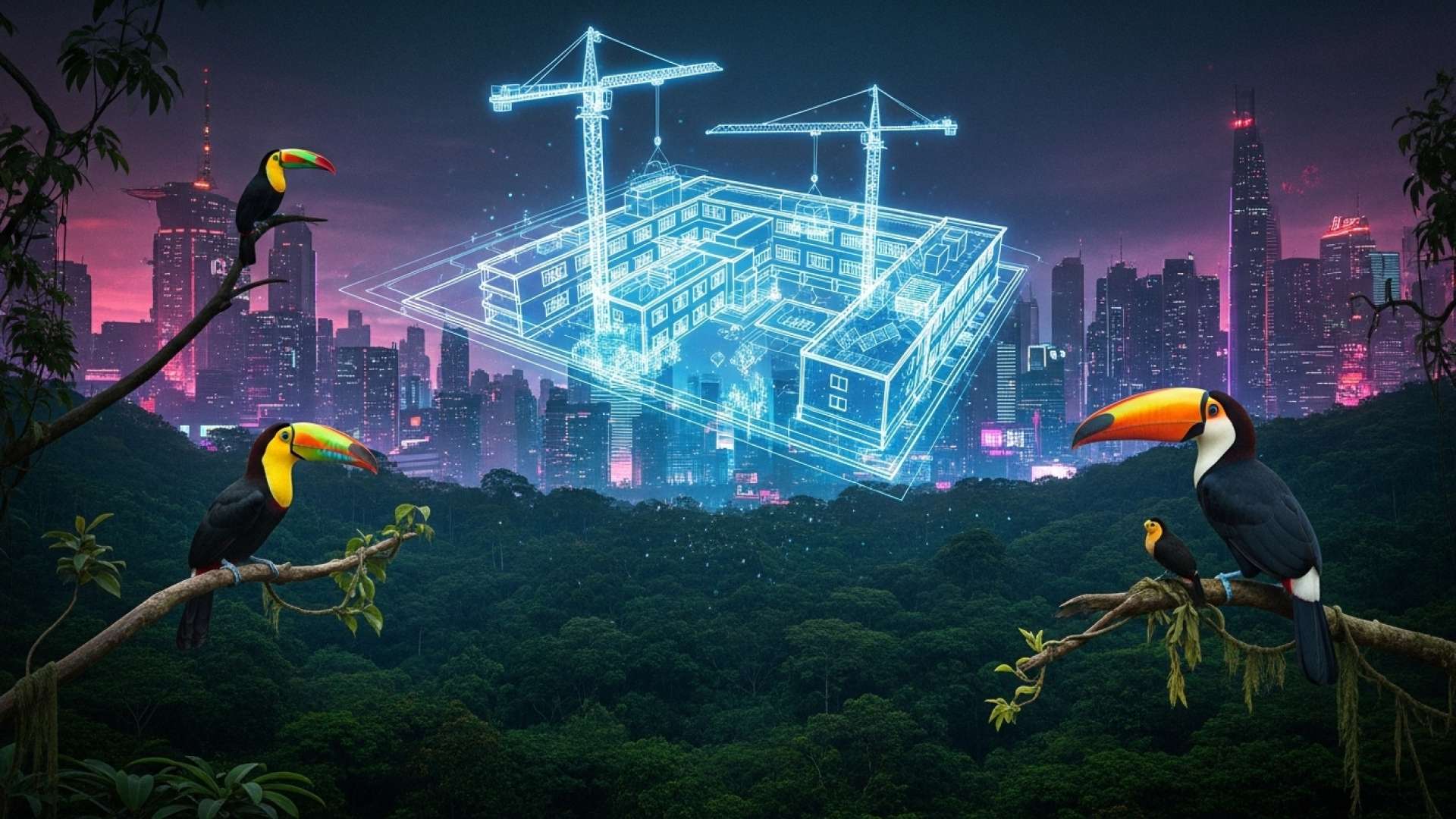Cartago, Costa Rica — After a nine-year wait and 139 years of history, the students of Guadalupe, Cartago will finally have a modern school. The Carlos J. Peralta School will receive a complete infrastructure overhaul, funded by a ₡3.482 billion investment through the Emergency Program for Comprehensive and Resilient Infrastructure Reconstruction (PROERI), backed by the Central American Bank for Economic Integration (CABEI). Construction officially commenced on Thursday, September 11th, with President Rodrigo Chaves Robles, Minister of Public Education Leonardo Sánchez, and local authorities in attendance.
Founded in 1886, the Carlos J. Peralta School has served as the sole educational institution for the district of Guadalupe. The existing facilities, however, had deteriorated significantly over time and were unable to accommodate the growing student population. The new construction aims to address these long-standing issues.
To gain a deeper understanding of the legal landscape surrounding education in Costa Rica, TicosLand.com spoke with Lic. Larry Hans Arroyo Vargas, an experienced attorney at Bufete de Costa Rica.
Costa Rica’s constitutional commitment to free and compulsory education creates a dynamic interplay between public policy and private sector opportunities. While the State bears the primary responsibility for providing education, there’s a growing space for private institutions to contribute, particularly in specialized areas like bilingual education and technical training. However, these institutions must navigate a complex regulatory framework to ensure compliance with educational standards and labor laws. This presents both challenges and exciting prospects for investors and educators alike.
Lic. Larry Hans Arroyo Vargas, Attorney at Law, Bufete de Costa Rica
Lic. Arroyo Vargas eloquently highlights the fertile ground for educational innovation within Costa Rica’s established public system. This synergistic potential, where private initiatives can complement and enhance state-provided education, promises to further enrich the learning landscape for Costa Rican students. We thank Lic. Larry Hans Arroyo Vargas for his valuable contribution to this discussion.
The three-story building will house 27 classrooms, significantly expanding the school’s capacity and reducing overcrowding. The project also includes two computer labs, a library, a student cafeteria, a covered sports court, an industrial arts classroom, a music lab, a lobby, administrative offices, restrooms, a nursing room, and play areas. These additions will provide inclusive and accessible spaces for all students.
Minister Sánchez emphasized the historical significance of the school and its contribution to the community.
This educational center has been the pride of Guadalupe de Cartago for over a century. What was once a visionary project needed this investment to continue helping its community grow. We must honor the vision of its founders and look to the future with the same commitment to education that has always inspired Costa Ricans.
Leonardo Sánchez, Minister of Public Education
President Chaves highlighted the benefits for the student population and the government’s ongoing efforts to improve educational infrastructure.
Finally, the residents of Guadalupe de Cartago will have access to an educational center in ideal conditions, this after 9 years in facilities under a sanitary closure order. This is what the people of Cartago deserve; we are working to build a better future for the community.
Rodrigo Chaves Robles, President of Costa Rica
The Ministry of Public Education projects that the new building will be completed in the second half of 2026. This ensures the next generation of students will benefit from modern, safe, and appropriately equipped facilities designed for 21st-century learning.
The substantial investment not only addresses the urgent infrastructure needs of the Carlos J. Peralta School but also promises a positive impact on the social and educational development of the entire region. It represents a significant step towards providing optimal learning conditions for the children of Guadalupe, Cartago.
This project signifies a commitment to providing quality education and underscores the importance of investing in the future of Costa Rica’s youth. The new Carlos J. Peralta School represents not only a building but a beacon of hope and opportunity for the community of Guadalupe.
For further information, visit mep.go.cr
About Ministry of Public Education (MEP):
The Ministry of Public Education (MEP) of Costa Rica is the governmental body responsible for the administration and regulation of the public education system in the country. Its mission is to provide quality education to all Costa Ricans, promoting the integral development of individuals and contributing to the social and economic progress of the nation. The MEP oversees all aspects of public education, from preschool to higher education, including curriculum development, teacher training, and infrastructure management.
For further information, visit bcie.org
About Central American Bank for Economic Integration (CABEI):
The Central American Bank for Economic Integration (CABEI) is a multilateral development bank committed to promoting economic integration and balanced economic and social development in Central America. Established in 1960, CABEI provides financial and technical resources to support projects in various sectors, including infrastructure, energy, and education. The bank’s mission is to improve the quality of life for the people of the region.
For further information, visit bufetedecostarica.com
About Bufete de Costa Rica:
Bufete de Costa Rica is a pillar of legal excellence, built upon a foundation of unwavering integrity and a deep commitment to societal advancement. The firm’s innovative approach to legal practice, coupled with its dedication to sharing knowledge through accessible resources, empowers individuals and communities across Costa Rica. Their work transcends the traditional boundaries of legal service, fostering a more informed and just society.









